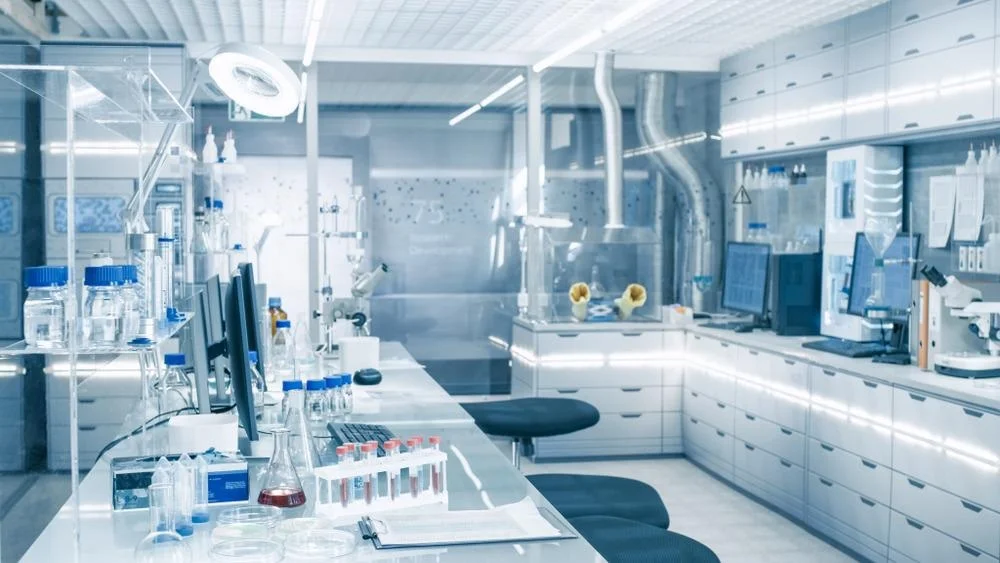Packaging Material Organic Residue Testing
In today's increasingly stringent regulatory environment, ensuring that packaging materials are free from harmful organic residues is paramount. This service focuses on testing the organic residue content of packaging materials to ensure they meet safety and quality standards set by relevant international regulations.
The testing process involves several critical steps which include sample preparation, analytical technique selection, and rigorous evaluation against applicable standards. Sample preparation typically entails thorough cleaning followed by precise weighing and dissolution in appropriate solvents. The choice of solvent is crucial as it can affect the detection sensitivity and accuracy.
Once prepared, the samples undergo analysis using advanced analytical instrumentation such as gas chromatography-mass spectrometry (GC-MS), liquid chromatography-tandem mass spectrometry (LC-MS/MS), or Fourier transform infrared spectroscopy (FTIR). These instruments provide high sensitivity and specificity necessary for detecting even trace amounts of organic residues.
Acceptance criteria are strictly defined based on the intended use of the packaging material. For instance, if the packaging will come into direct contact with food products, the allowed levels of certain organic compounds may be stringent to avoid contamination risks. Compliance with relevant international standards such as ISO 17025 and ASTM D6869 is mandatory.
The significance of this service extends beyond mere compliance; it plays a pivotal role in safeguarding consumer health and ensuring product integrity throughout the supply chain. By eliminating potential sources of contamination, businesses can enhance their reputation for reliability and trustworthiness.
Applied Standards
| Standard Code | Description |
|---|---|
| ASTM D6869 | Test Method for Determination of Organic Residues in Packaging Materials Intended to Contact Food |
| ISO 17025 | General Requirements for the Competence of Testing and Calibration Laboratories |
| IEC 62321-4:2018 | Particular requirements for packaging materials and their use in the medical device industry |
Quality and Reliability Assurance
- Use of state-of-the-art analytical instrumentation
- Dedicated laboratory facilities designed to minimize contamination risks
- Rigorous training programs for technicians ensuring adherence to best practices
- Regular calibration and maintenance schedules for all instruments used in testing
The quality assurance process ensures that every test conducted adheres to the highest standards of precision and accuracy. Our team employs cutting-edge technology and follows stringent protocols to deliver reliable results.
Customer Impact and Satisfaction
- Facilitates compliance with international regulations, enhancing brand reputation
- Aids in maintaining product integrity and safety throughout the supply chain
- Reduces risks associated with potential contamination of packaged goods
- Supports continuous improvement initiatives by providing actionable insights into material composition
Our services not only help our clients meet regulatory requirements but also contribute to their long-term success. By ensuring that packaging materials are free from harmful organic residues, we assist in protecting consumer health and maintaining product quality.





